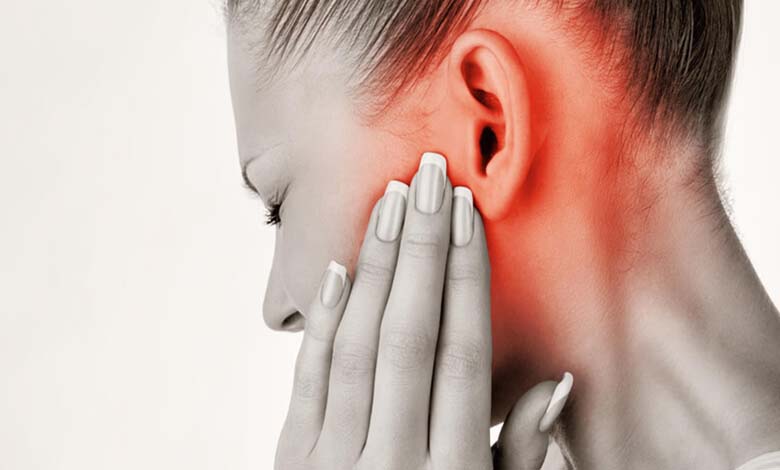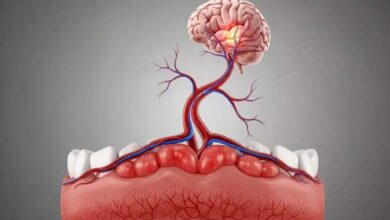What is the Relationship Between Allergies and Ear Pain?

Ear pain is a common symptom that can affect many people’s daily lives. While it is usually associated with infections or ear-related issues, another often overlooked cause of ear pain is allergies. Indeed, while allergies are commonly linked to symptoms such as sneezing, a runny nose, or watery eyes, they can also lead to ear pain, creating an additional layer of discomfort.
-
Causes of Knee Pain in the Elderly and Treatments
-
Make These a Daily Habit: 5 Foods to Relieve Joint Pain
How Do Allergies Cause Ear Pain?
Allergies can lead to inflammation in the upper respiratory pathways, including the nose, throat, and ears. This phenomenon is particularly related to inflammation of the Eustachian tube, a small canal that connects the middle ear to the back of the throat. When the Eustachian tube becomes blocked or inflamed due to an allergic reaction, it can no longer properly equalize the pressure in the middle ear, leading to a feeling of pressure or pain in the ear.
- Sinus and Eustachian Tube Inflammation: Allergies often cause nasal congestion and sinusitis, which can lead to increased pressure in the ears. This occurs when swollen sinuses exert pressure on the Eustachian tube, affecting the pressure balance in the middle ear.
- Mucus Build-Up: In response to an allergic reaction, the body often produces more mucus to trap allergens. This mucus can accumulate in the sinuses or middle ear, leading to a feeling of pain or fullness in the ear. It can also create an environment conducive to infections, which further exacerbates the pain.
- General Inflammatory Reactions: Allergies cause inflammatory responses throughout the body, which can affect various areas, including the ears. Inflammation of tissues around the ear can cause significant pain or discomfort, especially during changes in temperature or humidity.
How to Treat Ear Pain Related to Allergies?
Treating ear pain caused by allergies begins with managing the allergy itself. Here are some common approaches:
- Antihistamines: These medications can help reduce allergic symptoms by blocking the effects of histamine, the chemical responsible for allergic reactions. By reducing inflammation and mucus production, antihistamines can relieve pressure in the ears.
- Decongestants: Decongestants, available as nasal sprays or pills, can help reduce nasal congestion and sinus pressure, which in turn reduces the pressure in the ears and alleviates the pain.
- Steam and Humidification: Inhaling warm steam or using a humidifier can help relieve congestion and pressure in the airways, including the ear.
- Medical Consultation: If the pain persists or worsens, it is important to see a doctor. Sometimes, secondary infections like otitis can occur due to mucus build-up, requiring more specific treatment.
-
Which best relieves pain?
-
Expressive Writing: Simple Steps That May Help Prevent Parkinson’s Disease
Preventing Ear Pain from Allergies
Preventing ear pain caused by allergies largely involves effectively managing the allergies themselves. Avoiding known allergens such as dust, pollen, or pet dander can help minimize allergic symptoms. Additionally, preventive treatment with antihistamines or nasal sprays may be recommended to prevent allergy flare-ups and their side effects on the ears.
-
How Can People with Hemophilia Live a Normal Life?
-
10 Essential Tips for Ensuring Your Child’s Safety on Gaming Platforms












